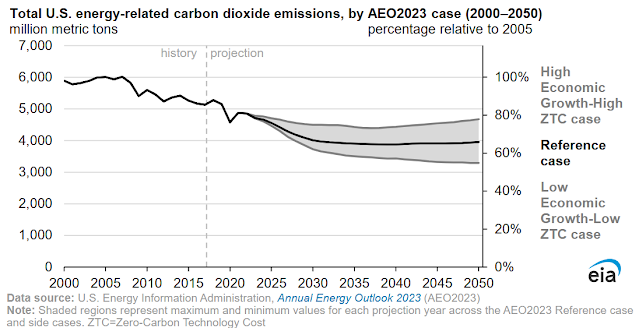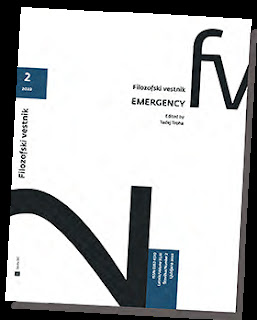
Oleh David Spratt dan Ian Dunlop, diterjemahkan oleh Owen Podger.
Aslinya: https://johnmenadue.com/cop28-a-tragedy-for-the-planet-as-stockholm-syndrome-took-hold/
Hingga 100.000 orang — yang sebagian besar memperoleh status profesional dan pendapatan mereka dari politik, advokasi, dan bisnis terkait iklim — terbang ke Dubai untuk menghadiri acara pembuatan kebijakan iklim global tahunan COP28, Konferensi Para Pihak di bawah konvensi iklim Perserikatan Bangsa-Bangsa. Dan hasilnya?
Bencana yang tak tanggung-tanggung. Masyarakat adat, komunitas garis depan, dan kelompok keadilan iklim menegur (rebuked) kesepakatan itu sebagai tidak adil, tidak adil, dan "bisnis seperti biasa". Pada sesi terakhir, resolusi kompromi (compromise resolution) yang lemah dan tidak koheren antara negara BBM dan negara-negara kecil dan pendukung – yang tidak menyerukan penghapusan bahan bakar fosil – diterima tanpa perbedaan pendapat dan disambut dengan tepuk tangan meriah, bahkan ketika delegasi Pasifik dan pulau kecil dilarang oleh keamanan memasuki ruangan.
Terlalu banyak tanggapan fasih adalah variasi pada tumbuk (mash) "bergerak ke arah yang benar, tetapi lebih banyak yang harus dilakukan", dengan "cacat tetapi masih transformatif" satu contoh klasik. Dua hari setelah itu, presiden COP28, yang juga mengepalai perusahaan Minyak Nasional Abu Dhabi, mengumumkan Uni Emirat Arab akan mempertahankan rekor investasinya dalam produksi minyak bumi baru.





















